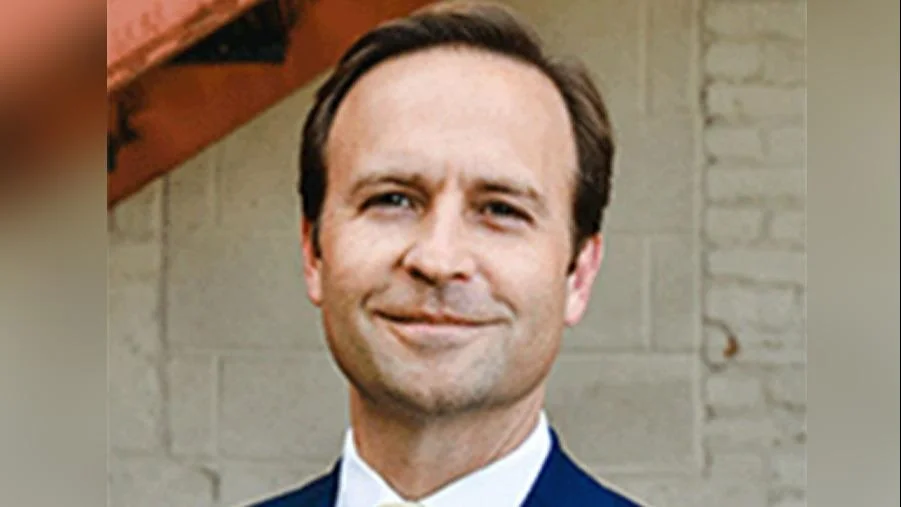Brian Calley President and Chief Executive Officer at Small Business Association of Michigan | Official website
Brian Calley President and Chief Executive Officer at Small Business Association of Michigan | Official website
Running a professional football team often parallels leading an organization, with similar demands in managing talent, shaping culture, and achieving results. Detroit Lions head coach Dan Campbell has become a notable example of leadership both on and off the field. His methods have resonated with Detroit fans, who have seen the team’s fortunes improve after years of challenges.
Campbell is recognized for building a strong team culture. He frequently acknowledges the contributions of individual players as well as the collective achievements of the group. In postgame locker room talks, he publicly recognizes top performers and highlights what they did to earn their accolades. This approach encourages motivation and fosters a sense of shared purpose among the players. For instance, running backs Jamyr Gibbs and David Montgomery were nicknamed “Sonic” and “Knuckles” to reflect their complementary skills and teamwork.
Communication is another key aspect of Campbell’s leadership. His direct and passionate style has inspired confidence not only among players but throughout the Lions organization. “Great leaders don’t just communicate strategy; they motivate and inspire others to be a part of the plan and contribute to the win,” said Lauren Cromie, writing for ASE. She suggests that business leaders can learn from Campbell by practicing transparent communication that connects logic with emotion.
Adaptability is also central to Campbell’s approach. The unpredictable nature of football—such as injuries or changes in player lineups—requires constant adjustment. Last season, when key players were sidelined due to injuries, substitutes stepped up and the team adapted their strategies. This flexibility contributed to a successful season despite setbacks. Cromie notes that business leaders should also build systems that allow for flexibility while maintaining direction.
Long-term vision guides Campbell’s decisions. He balances immediate results with broader franchise goals, focusing on drafting strategies, organizational culture, and systems that ensure future success. He takes calculated risks and supports his players’ growth while accepting responsibility for failures.
Resilience is another defining trait. Campbell emphasizes “GRIT”—mental toughness and perseverance—as essential qualities for his team. He encourages learning from setbacks and using them as motivation for future improvement. “Even when they lose, he and his players learn from their mistakes and turn the loss into fuel for a better game next week,” Cromie wrote.
Cromie concludes that Campbell’s leadership lessons—centered on culture, adaptability, talent development, resilience, communication, and vision—are relevant beyond football. Leadership, she argues, is about inspiring people rather than simply directing them.
For more information on business resources related to these topics, visit News & Resources.






 Alerts Sign-up
Alerts Sign-up